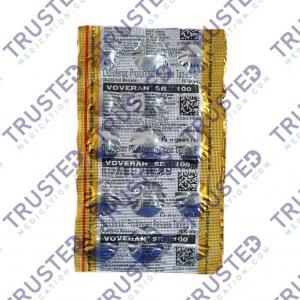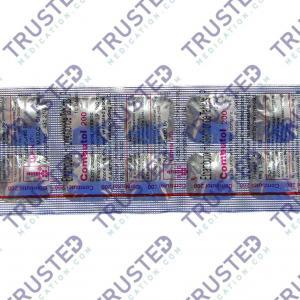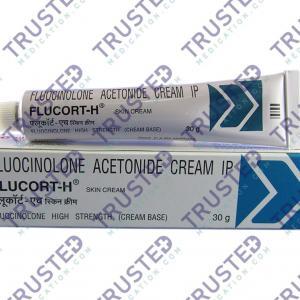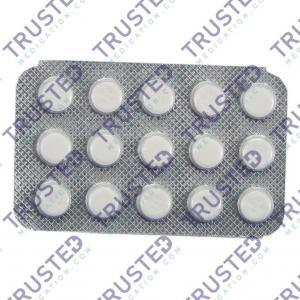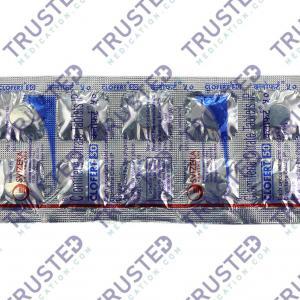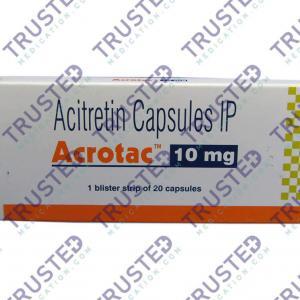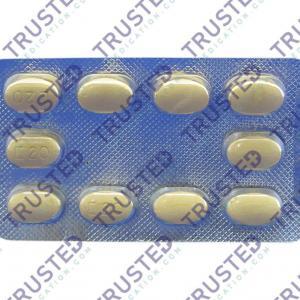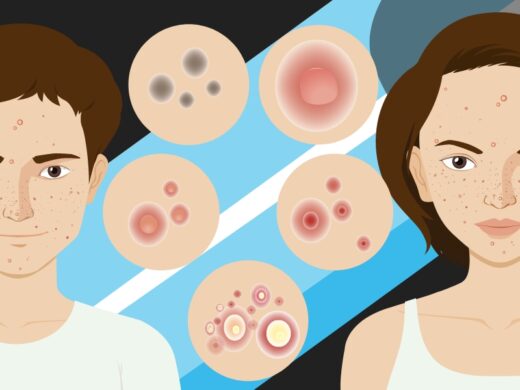
Acne is the most common skin condition in the world. About 80% of people between 11 and 30 will have it. Teenagers get acne thanks to their changing hormones. Adults have stress, the environment, menstrual cycles, oil-based products and birth control pills to blame, although hormones can still play a role.
What is Acne Scarring?
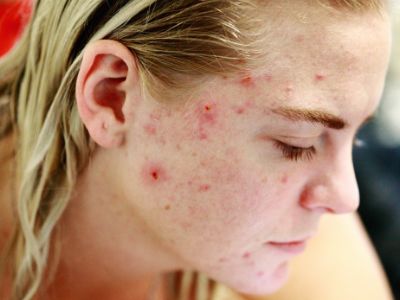
Acne scars are the result of inflammation of acne blemishes. The acne pore swells, and a breakdown occurs in the wall of the pore. Some acne blemishes are minor, and the scars created are shallow and heal quickly. Sometimes the contents of blemishes spill into the surrounding tissue and cause deeper scars. The skin’s response is to repair the scar by forming new collagen fibres.
Acne scars take on two primary forms: either a scar develops when there is a loss of tissue, resulting in an indentation in the surface of the skin, or a scar develops that is raised on the surface of the skin. This type of acne scar is a sign that your skin is doing its job but, perhaps, too well. Your skin creates collagen to help heal the wound, but it has raised scars if it makes too much collagen.
What is the Cause of Acne Scarring?
Acne grows when bacteria, oils and dead skin fill up and inflame pores, the tiny openings in your skin through which oil and sweat rise to the surface. Some 40,000 cells fall off your skin every hour, but sometimes, those dead cells clog up a pore. Sometimes clogged pores are minor and result in whiteheads or blackheads. Sometimes these pores become inflamed and lead to other types of acne.
Acne is the most common skin condition in the world. About 80% of people between 11 and 30 will have it. Teenagers get acne thanks to their changing hormones.
How Do You Treat Acne Scarring?
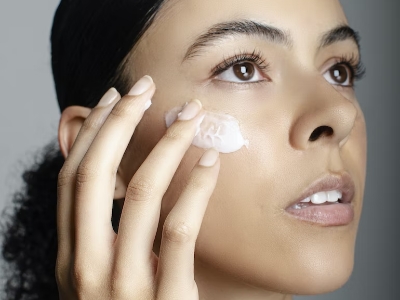
Many people can treat mild acne with over-the-counter medication. Check with your doctor if you are worried about any side effects. However, anything that reduces inflammation can help the healing process.
Suppose over-the-counter medication is not working, and you have a lot of acne. In that case, a dermatologist can prescribe more vital medication and discuss other treatments to prevent or reduce acne scars, including the following:
- Topical Creams. Some topical medications help kill the bacteria. Others work on reducing oil in your skin. The medicine may contain a retinoid, benzoyl peroxide, an antibiotic or even salicylic acid.
- Laser and Light Therapies. Laser resurfacing is a treatment that uses focused light to improve acne scars. Treatments are typically done with ablative and non-ablative lasers.
- Micro-needling. Micro-needling, also known as collagen induction therapy, uses tiny needles to create small punctures in the skin to induce the skin’s repair mechanism and stimulate collagen growth to improve skin appearance.
- Fillers. Dermal fillers are injectable treatments that add volume to the skin and diminish scars. Fillers like collagen, hyaluronic acid or fat can be injected into the skin to smooth out scars and make them less visible. Most dermal fillers are temporary.
- Chemical peels. Chemical peels use a solution to remove the top layers of the skin. The new skin is usually smoother and less scarred.
- Surgery. For deep acne scars, minor surgery may be the answer. A punch excision removes the scar tissue and repairs the wound with stitches or a skin graft. This technique is often used to treat deep acne scars.
Recommended treatment that can be used for acne:
Hydroquinone 2%
It is a very effective topical medicine. The three key active ingredients work as follows:
- Hydroquinone is a skin-bleaching agent which lightens skin where hyperpigmentation has occurred. This agent works by stopping the skin colouring agents and serves as a bleaching action.
- Tretinoin belongs to a class of retinoids which helps prevent or reduce the intensity of acne. Tretinoin can also treat acne and wrinkles by peeling off dead skin cells or stopping the growth of the skin cells.
- Mometasone Furoate is classed as a potent topical and medium-strength corticosteroid. It treats skin conditions like rashes, psoriasis, allergies, and eczema. It can decrease swelling or inflammation, redness, and itching.

